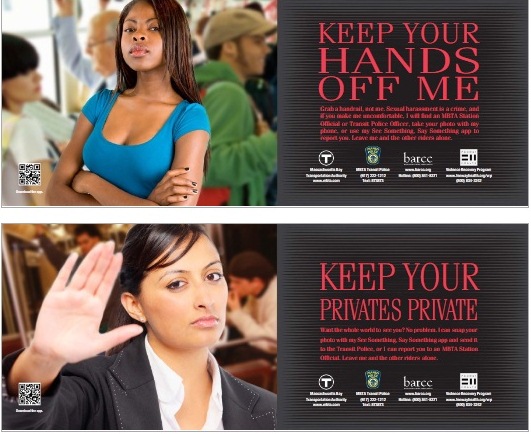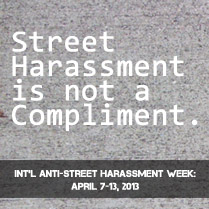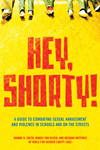Quick news hit, more on this later —
“According to TV5, a new disturbing study has revealed that the prevalence of sexual harassment isn’t only high, it can lead to paralyzing fear for women.
Researchers from The National Institute of Statistics and Economics Studies found that 25% of women aged 18-29 reported being scared when they walked on the streets. They also discovered that 1 in 5 women have suffered from verbal harassment on the street, and 1 in 10 said they had been kissed or carressed against their consent.”
Street harassment is a GLOBAL problem yet there are few studies proving it. I’m glad there is now a study in France documenting the problem. Here are some of the other studies that have been conducted on street harassment.
Donate to help SSH conduct a national study on street harassment in the USA.








